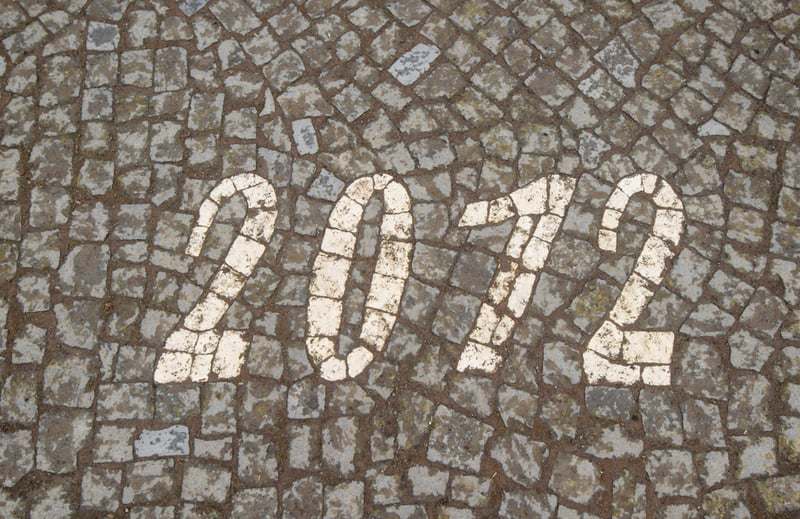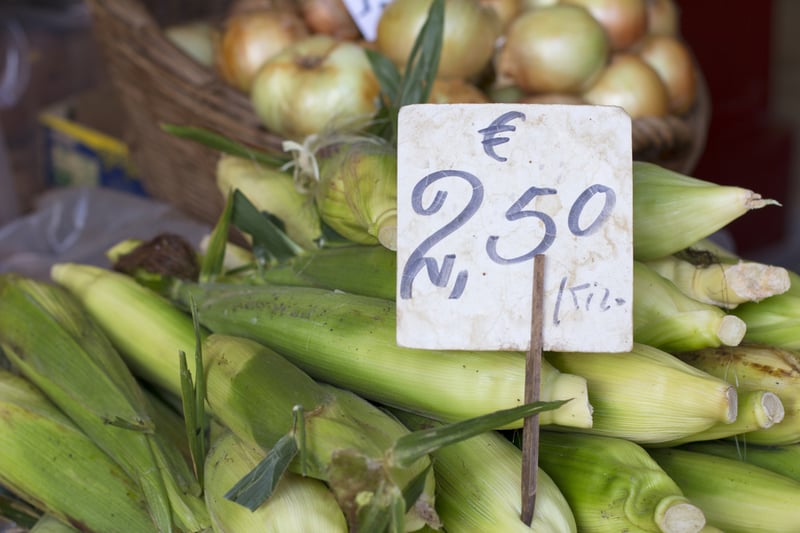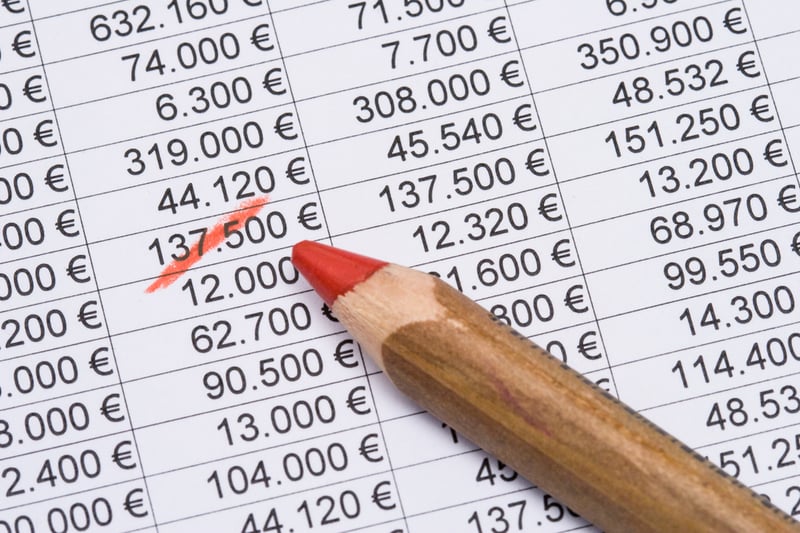In the next couple lessons, we’ll let you practice with large numbers, such as those in the ten-thousands and hundred-thousands.
A few reminders:
- mil1000
- mil e trezentos1300
- cento e um101 – Remember that 100 is cento when it’s part of a number (i.e. followed by e)
- cem100 – Remember that 100 is just cem when it’s by itself (i.e. not followed by e)
- centenas dehundreds of
- dez mil10 000
- cem mil100 000
- duzentos200
- um milhãoone million (1,000,000)
- mil milhõesone billion (1,000,000,000)
- um biliãoone trillion (1,000,000,000,000)
Here’s an example of the wording for a high number such as 123456:
cento e vinte e três mil, quatrocentos e cinquenta e seis123 456
one hundred [and] twenty [and] –three thousand, four hundred [and] fifty [and] –six
As you can see, this is basically the same as English word order, possibly with a few extra uses of the word and.
Let’s hear one more:
dez milhões, cento e sessenta e seis mil, cento e setenta e seisten million, one hundred sixty-six thousand, one hundred seventy-six (10 166 176)
How to Say Years in Portuguese
 Years are said the same way as any other number. For example, the year 2012 is dois mil e doze. It cannot be abbreviated to vinte doze.
Years are said the same way as any other number. For example, the year 2012 is dois mil e doze. It cannot be abbreviated to vinte doze.
The only time you would use an abbreviated way of referring to a year is when the century is already obvious from context. For example, when discussing historical events from the 20th century (século XX20th century ), you might hear some say setenta e quatro74 instead of mil novecentos e setenta e quatro1974 . Or, when referring to that décadadecade , you might hear nos anos setentain the '70s .
Notation
 In some English-speaking countries, such as the US and UK, numbers are typically written as such: 12,345.67 with the comma separating the groups of thousands and the decimal point / period separating the integer from the decimal.
In some English-speaking countries, such as the US and UK, numbers are typically written as such: 12,345.67 with the comma separating the groups of thousands and the decimal point / period separating the integer from the decimal.
However, in Portugal (and many European countries), it would be the reverse: 12.345,67 ✅
The vírgulacomma separates the integer from the decimal and the pontopoint separates the groups of thousands (every 3 digits). Keep this in mind when you’re looking at price tags in Portugal!
Alternatively, to fit with international standards for writing numbers, you may see whole numbers written with just a space separating the groups of thousands, instead of any punctuation, as in 20 000 (instead of 20,000 or 20.000).
Notes:
- In our lesson exercises, we typically avoid any spacing or punctuation, just to keep things simple when you enter your answer.
- Before you start putting these longer numbers together, you may wish to review numbers from the Numbers 1 and Numbers 2 units, if you don’t have them memorized yet. Or you can re-read this learning note to get an overview: Introduction to Numbers in Portuguese



Somehow I keep on skipping learning to count as it seems a bit boring. But it’s getting embarrassing not knowing the numbers correctly. Like I keep on mixing up 60 and 70. Dunno why. A longer audio file with counting could be helpful but of course these can be found on YT too.
It’s only natural to mix up 60 and 70 since they’re very similar. Specially when talking fast! Don’t feel too frustrated about that.
We’ll add your vote for that audio file with counting.
🙂
As recommended by Joel I switched my phone to Portuguese. When I get a 6 digit security code from my bank app it is read out as, for instance, cento e setenta et três mil cento e seis. This made this lesson one of the easiest : )